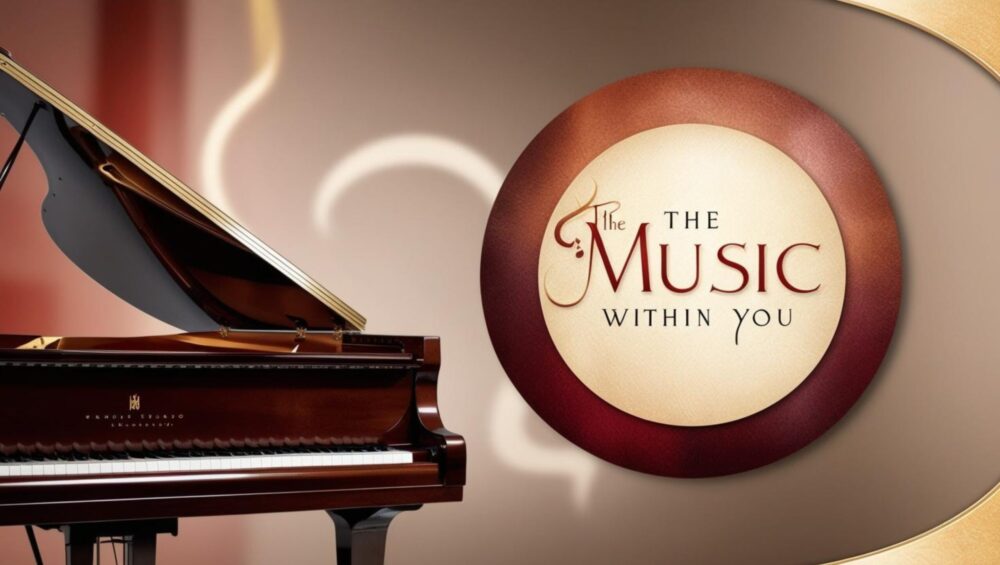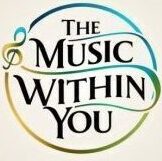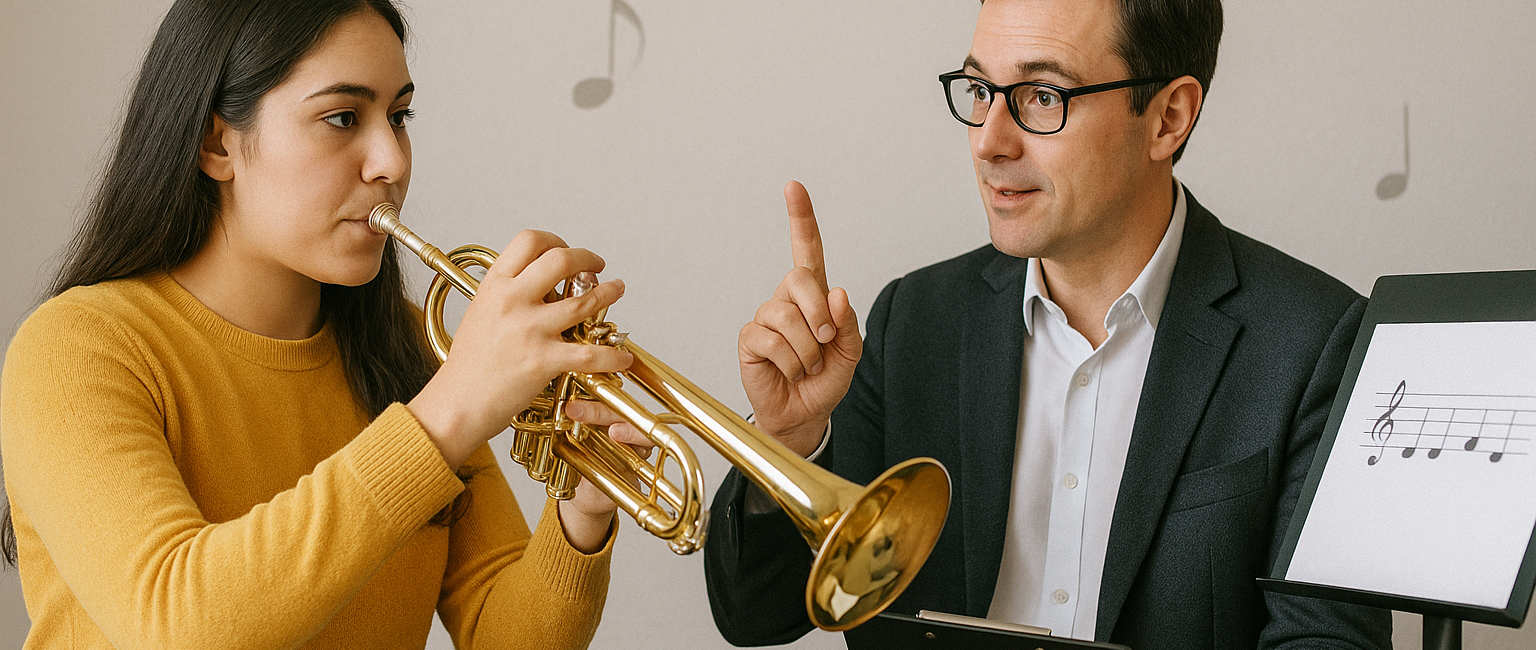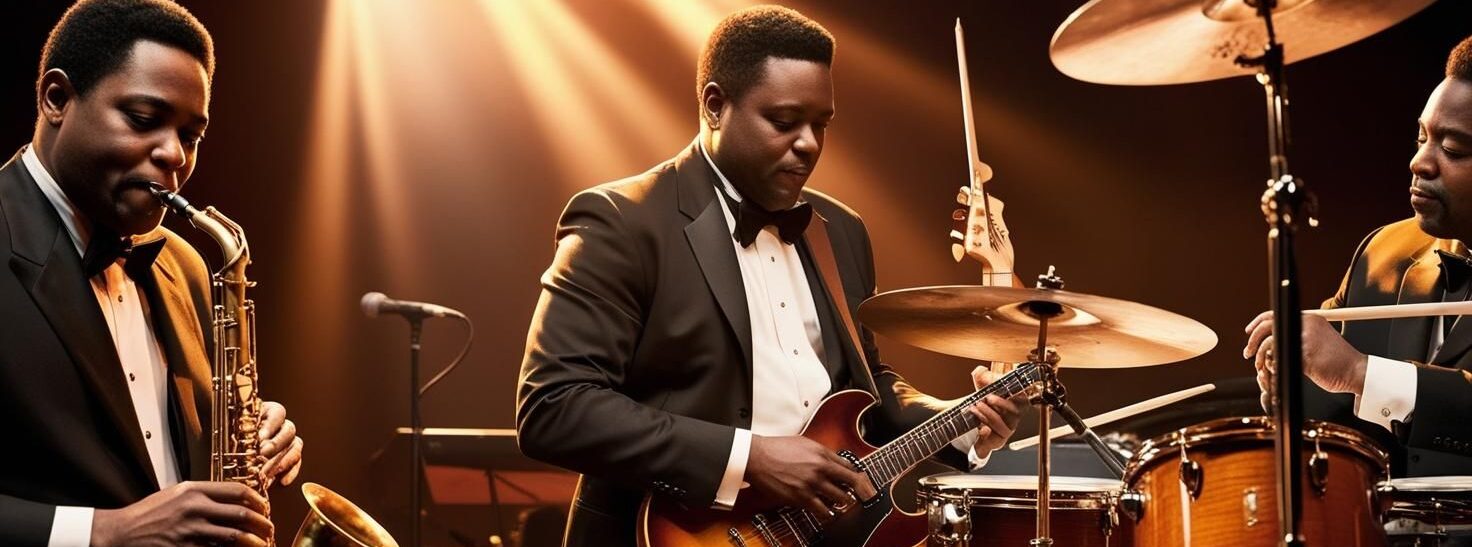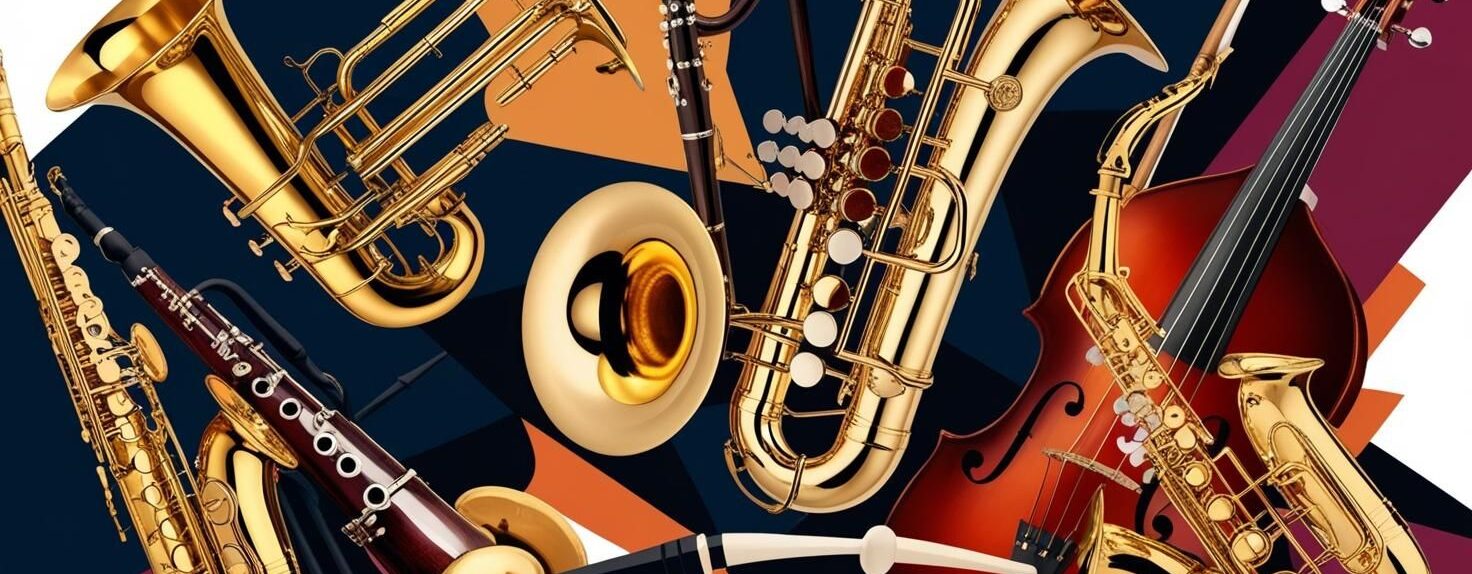Music lessons are more than just learning to play an instrument or hit the right notes. They’re a gateway to enhancing cognitive skills that can have a long-lasting impact. Studies have shown that engaging with music improves areas like memory, spatial-temporal skills, and language development. Basically, when you’re in that lesson, you’re not just harmonizing tunes; your brain’s in training mode.
Creativity often gets a major boost from music education. Whether you’re strumming a guitar or tickling the ivories, you’re learning to express yourself. This aspect of playing music encourages thinking outside the box, helping both kids and adults get comfortable with creativity.
Discipline and responsibility come hand in hand with professional music lessons. Regular practice, showing up on time, and setting goals craft a routine that builds these traits. They teach the kind of persistence needed to stick with something and excel, a skill useful far beyond the music room.
From Playing to Understanding: The Core Skills Acquired in Music Lessons
Music lessons don’t just teach you how to play; they immerse you in the language of music. Getting familiar with sheet music is like learning a whole new system of communication. Notes, rhythms, and dynamics form the building blocks, helping you make sense of what’s on paper and translate it into beautiful sound.
Developing keen auditory skills is another critical part. When you’re learning music, listening goes beyond just hearing. You’re interpreting tones, pitches, and rhythms, which sharpens your ability to distinguish subtle differences in sounds. This can improve your listening skills in everyday conversations, making you a better communicator overall.
Understanding music theory might sound intense, but it’s incredibly valuable. It explains why certain notes work together, how chords are built, and what scales are doing. This knowledge lays down a solid foundation, making you not just a player but a musician who thoroughly understands the craft. Knowing the theory helps in improvisation and creativity, letting you jam out with confidence or compose your own pieces.
Building Character: How Music Lessons Influence Personal Growth

Music lessons are more than scales and chords; they’re about building confidence. Every time you nail a difficult piece or perform in front of others, you’re stepping a bit further out of your comfort zone. That just doesn’t boost your playing skills but also your belief in what you can achieve.
Emotional intelligence gets a workout when you’re involved in music. Expressing emotions through an instrument or your voice helps in understanding your feelings and connecting with others on an emotional level. This skill of expressing and interpreting emotions is vital, not just in music but in every relationship you cultivate.
Working in groups through bands or ensembles is a lesson in teamwork. You’re learning to listen, harmonize, and synchronize with others—skills that are perfect for any team setting, from school projects to workplaces. These experiences teach respect and collaboration, vital in any group dynamic.
Long-Term Impact: The Lifelong Benefits of Professional Music Training
Music education’s benefits extend well beyond the classroom, significantly boosting academic performance. Schools find that students engaged in music programs often do better in reading, math, and even science. This isn’t magic—it’s how music molds cognitive abilities that make learning across disciplines easier and more effective.
Music skills don’t just stay on the stage; they translate into the social and professional world. Whether you’re at a networking event or giving a presentation, the confidence and presence you’ve developed through performing can help you stand out. Interviews and public speaking become less nerve-wracking when you’re accustomed to being under the spotlight.
The joy of music is something that can be lifelong. With the skills and passion you’ve gained from professional music training, what began as a hobby can become a lifetime’s passion—or even a career. Whether you’re playing in a community band or just relaxing with your guitar at home, music offers a unique and satisfying way to enrich life.
